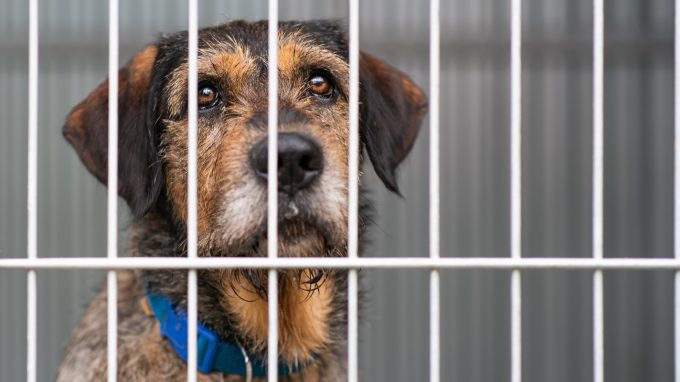
You’ve done your research, checked out all the local shelters and rescues, and picked out your new best friend. But, sometimes, a dog adoption just doesn’t work out. There may be compatibility issues, lifestyle differences, or…


You’ve done your research, checked out all the local shelters and rescues, and picked out your new best friend. But, sometimes, a dog adoption just doesn’t work out. There may be compatibility issues, lifestyle differences, or…



